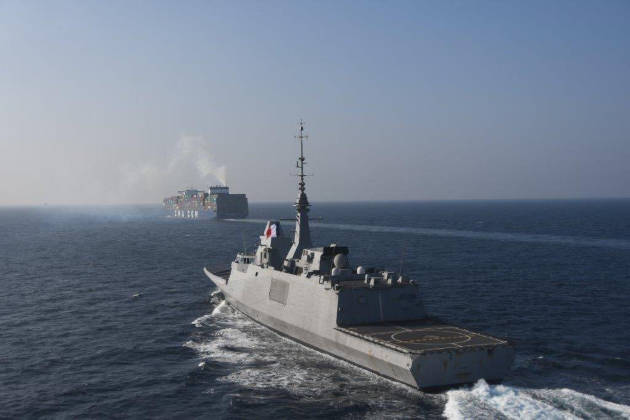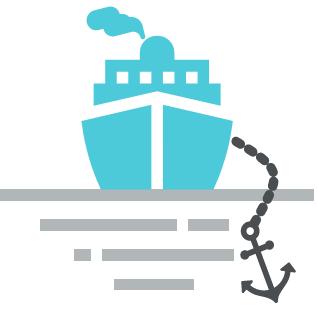Urgent Action Needed to Address Global Maritime Security Challenges, Says UNIDIR Report
A new report from the United Nations Institute for Disarmament Research (UNIDIR) highlights serious concerns regarding the fragmented and inadequate approach to global maritime security, urging immediate action to tackle increasing vulnerabilities at sea.
This pioneering study reveals a broad spectrum of threats in maritime zones around the world, including the proliferation of missiles and drones, illegal arms trafficking, and the safeguarding of critical maritime infrastructure. It advocates for a closer integration of maritime governance with international arms control frameworks to effectively address these emerging risks.

Source: French Forces
The timing of the report’s release aligns with the UN‘s Pact for the Future, which stresses the need for enhanced international cooperation to secure oceans. Specifically, Action 22 of the Pact calls for improved governance, environmental protection, and conflict prevention at sea, reflecting the main themes of UNIDIR’s findings.
UNIDIR identifies 20 key challenges that will influence the maritime security agenda, such as cybersecurity threats, the rise of low-cost uncrewed systems, and the effects of climate change and biodiversity loss. The report emphasizes the complex relationship between environmental issues and traditional security threats, necessitating more dynamic strategies to protect global maritime zones.
A significant problem highlighted is the disjointed state of maritime security governance. While at least five UN agencies run substantial maritime security programs and 24 other UN bodies impact policies in this area, there is no single entity responsible for overseeing or coordinating these efforts, creating vulnerabilities that adversaries could exploit.
To address these maritime security challenges, the report proposes four strategic recommendations:
- Establish a UN-level maritime security strategy, potentially through a high-level panel to unify fragmented initiatives.
- Create comprehensive assessment mechanisms to evaluate security risks in individual nations and regional seas.
- Update the Law of the Sea to tackle emerging issues like maritime cybersecurity, infrastructure threats, and sanction evasion.
- Enhance regional maritime governance by formalizing and expanding the role of regional seas conventions as a legal basis for coordinated security efforts.
These recommendations aim to foster a more coordinated and effective approach to global maritime security in light of evolving challenges.
As global dependence on maritime activities for trade, energy, and environmental sustainability increases, the urgency of addressing these security challenges escalates. The report acts as both a wake-up call and a guide for global leaders, warning that without coordinated action, the delicate balance between maritime security and sustainable development could be jeopardized, threatening not only the oceans but also the global economy and geopolitical stability they support.

